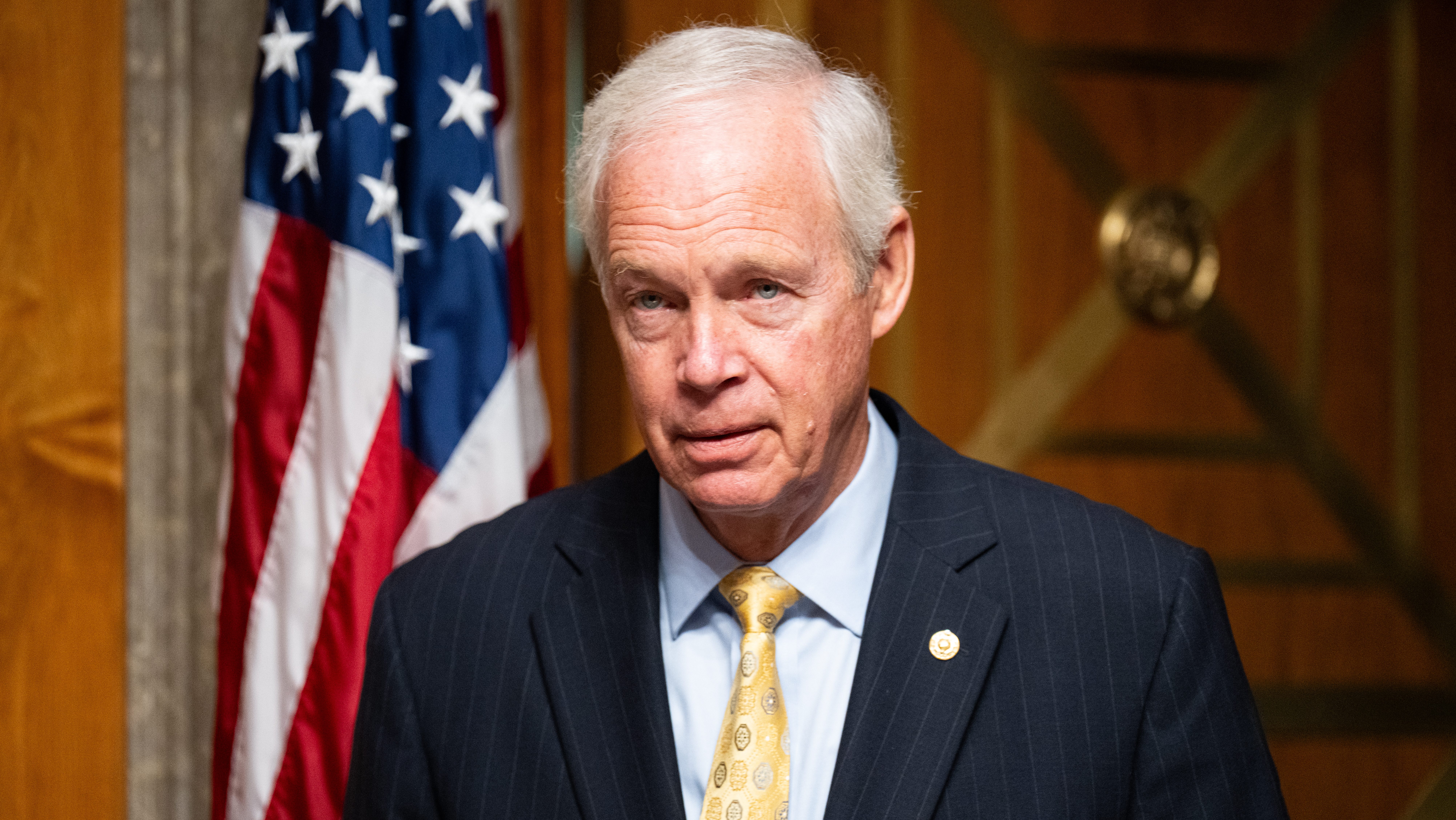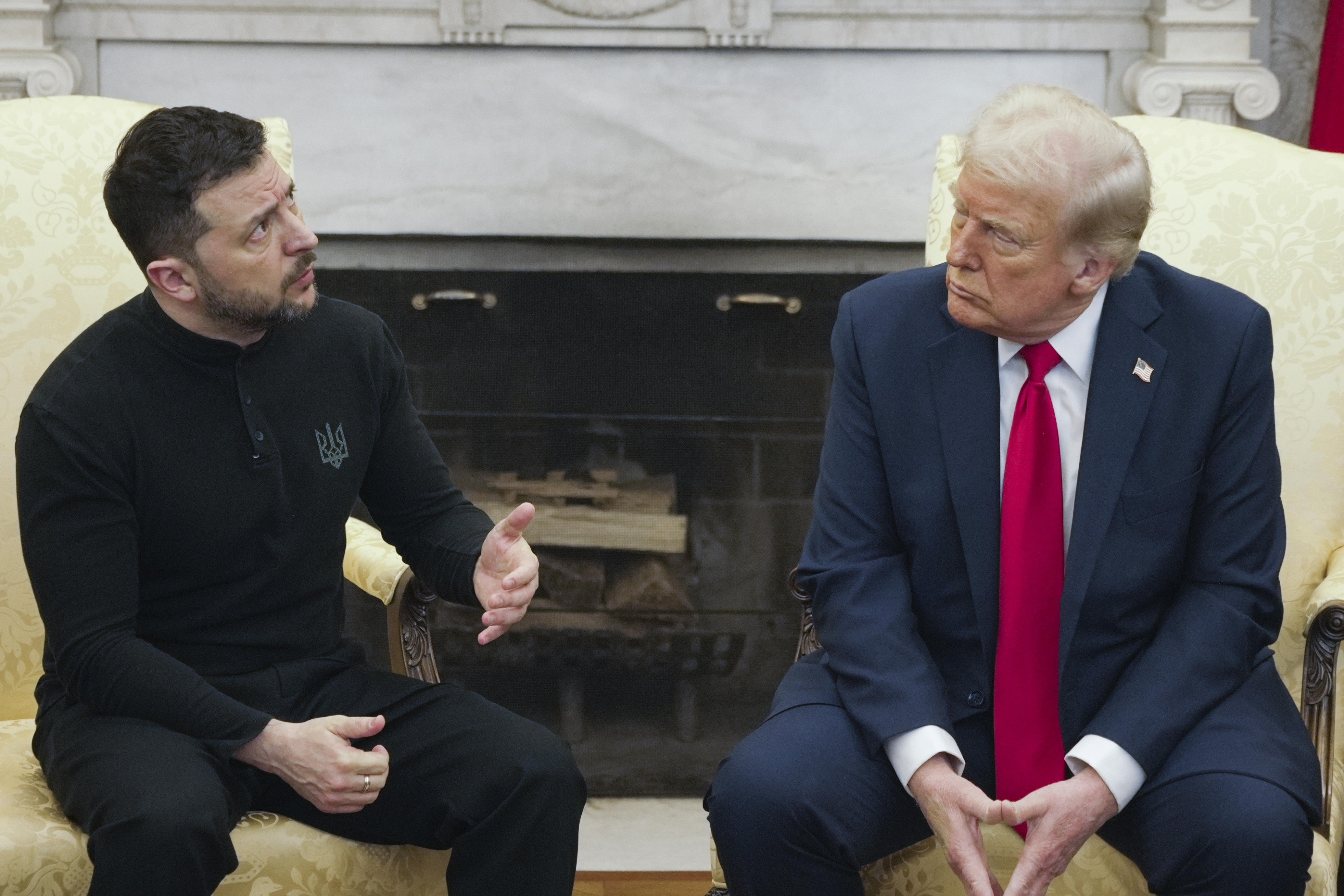
The Justice Department is scrapping the name of a Trump-era initiative intended to crack down on economic espionage by Beijing but criticized as unfairly targeting Chinese professors at American colleges because of their ethnicity.
The decision to abandon the China Initiative, announced Wednesday by the department's top national security official, follows a months long review undertaken after charges that the program chilled academic collaboration and contributed to anti-Asian bias. The department also endured high-profile setbacks in individual criminal prosecutions that resulted in the last year in the dismissal of multiple criminal cases against academic researchers.
Assistant Attorney General Matthew Olsen said the department will “be relentless in defending our country from China,” but no longer will group its investigations and prosecutions under the China Initiative label, in part out of recognition of the threats facing the U.S. from Russia, Iran, North Korea and others beyond China.
“I’m convinced that we need a broader approach, one that looks across all of these threats and use all of our authorities to combat them,” he told reporters before a speech in which he planned to lay out the changes.
Get top local stories in Connecticut delivered to you every morning. Sign up for NBC Connecticut's News Headlines newsletter.
The program was established in 2018 under then-Attorney General Jeff Sessions as a way to thwart what officials said were aggressive efforts by China to steal American intellectual property and to spy on American industry and research.
Olsen told reporters he believed the initiative was prompted by genuine national security concerns. He said he did not believe investigators had targeted professors on the basis of ethnicity, but he also said he had to be responsive to concerns he heard, including from Asian American groups.
“Anything that creates the impression that the Department of Justice applies different standards based on race or ethnicity harms the department and our efforts, and it harms the public,” Olsen said.
Politics
The initiative has resulted in convictions, including against hackers accused of breaching the networks of U.S. companies. Nonetheless, it came to be most associated with efforts to investigate professors at American universities for concealing ties to the Chinese government on applications for federal grants.
Federal prosecutors are still expected to pursue grant fraud cases against researchers when there is evidence of malicious intent, serious fraud and a connection to economic and national security, with prosecutors from the department's National Security Division in Washington playing a supervisory role. In some cases, prosecutors may opt for civil or administrative solutions instead of criminal charges.
Wednesday's announcement follows multiple cases in which the department has either dismissed its own prosecutions or had them thrown out by judges.
In January, the department dropped its case against Gang Chen, a Massachusetts Institute of Technology professor charged in the final days of the Trump administration. Prosecutors concluded that they could no longer meet their burden of proof after they received information from the Department of Energy suggesting that he had not been required to disclose certain information on his forms.
A federal judge in September threw out all charges against a University of Tennessee professor accused of hiding his relationship with a Chinese university while receiving research grants from NASA, and the university has since offered to reinstate him.
Olsen said the department continued to stand by cases that are pending against professors and researchers.
FBI Director Christopher Wray said in a speech last month that the threat from China was “more brazen” than ever, with the FBI opening new cases to counter Chinese intelligence operations every 12 hours or so.
“I'm not taking any tools off the table here,” Olsen said. In his speech at George Mason University’s Antonin Scalia Law School, he noted that despite the diverse range of threats, “it is clear that the government of China stands apart.”
____
Follow Eric Tucker on Twitter at http://www.twitter.com/etuckerAP



